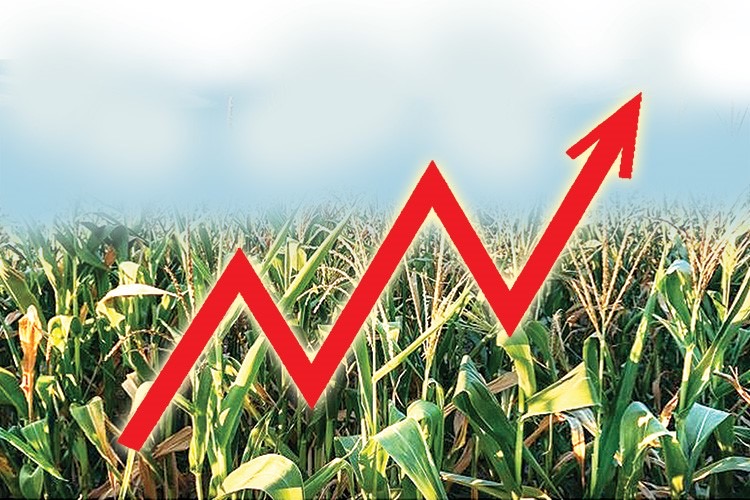Get ready for a political seismic shift as Africa braces itself for the pivotal 2024 elections across eighteen nations. This isn’t just politics as usual; it’s a continent-wide spectacle promising radical transformations, challenging the status quo, and setting the stage for a future free from the shackles of violence, economic turmoil, and unemployment.
Election fever grips Africa.
As the countdown begins, nations grappling with political instability, such as Mali, Chad, and Burkina Faso, are poised for change through democratic processes. Ethiopia battles the complexities of Tigray, Senegal confronts democracy under threat, and Mali faces delays, creating a volatile mix. The ruling African National Congress walks a tightrope amidst economic challenges and corruption allegations, setting the stage for a political showdown.
In July, Rwanda anticipates the continued leadership of President Paul Kagame, while Chad ratifies a new constitution ahead of its October elections, adding to the intrigue. Tunisia’s President, Kais Saeid, anticipates a formidable election campaign amid economic troubles. Meanwhile, Ghana braces for a showdown between Vice President Bawumia and opposition candidate Mahama Dramani in December.
The stage is set for a continental political upheaval, with elections in Comoros, Togo, Madagascar, Mauritania, Mozambique, Botswana, and South Sudan promising to reshape Africa’s political landscape in 2024.
A Shifting Political Landscape
South Africa’s ANC faces discontent, potentially losing ground in urban areas, hinting at intricate governing coalitions. In Angola, the PMLA’s waning popularity raises questions about its future in the 2027 elections. Despite long-standing leadership in nations like Equatorial Guinea, Cameroon, the Republic of the Congo, Eritrea, and Uganda, recent elections showcase a growing appetite for change.
Ghana’s historic 2020 split Parliament and Senegal’s 2022 legislative elections point towards a demand for cooperation and inclusivity. The rejection of dynasties in Kenya and Lesotho in 2022 signals a broader shift in voter behaviour, emphasising competency over entrenched power structures.
A Deep Dive into Political Agendas
African nations are strategically focusing on economic and social development, with initiatives to boost GDP, attract foreign capital, and empower the youth. Infrastructure development, digital transformation, and social justice initiatives take centre stage as governments work towards a more equitable and prosperous future.
Navigating Challenges and Prospects
As Africa faces a ten-year decline in democratic governance, political challenges loom large. Unlawful power transitions, military coups, and conflicts in countries like Burkina Faso, Chad, Guinea, Guinea-Bissau, Mali, and Sudan threaten stability. The impact on women and youth is evident, with tokenistic inclusion initiatives falling short, leading to protests and violence.
Despite the challenges, 2024 presents a crucial turning point for Africa. The continent stands on the precipice of radical change, demanding fair and significant involvement of women and young people in democratic governance. As citizens become more politically aware, 2024 emerges as a pivotal year, beckoning Africa towards a future marked by stability, democracy, and prosperity.
Africa is about to script a new chapter in its political history, and the world is watching with bated breath. The elections of 2024 are not just a political event; they are a promise of transformation, a beacon of hope for a continent ready to break free from the chains of the past. The stage is set for a revolutionary year that will shape the future of Africa, and the world will witness history in the making.


